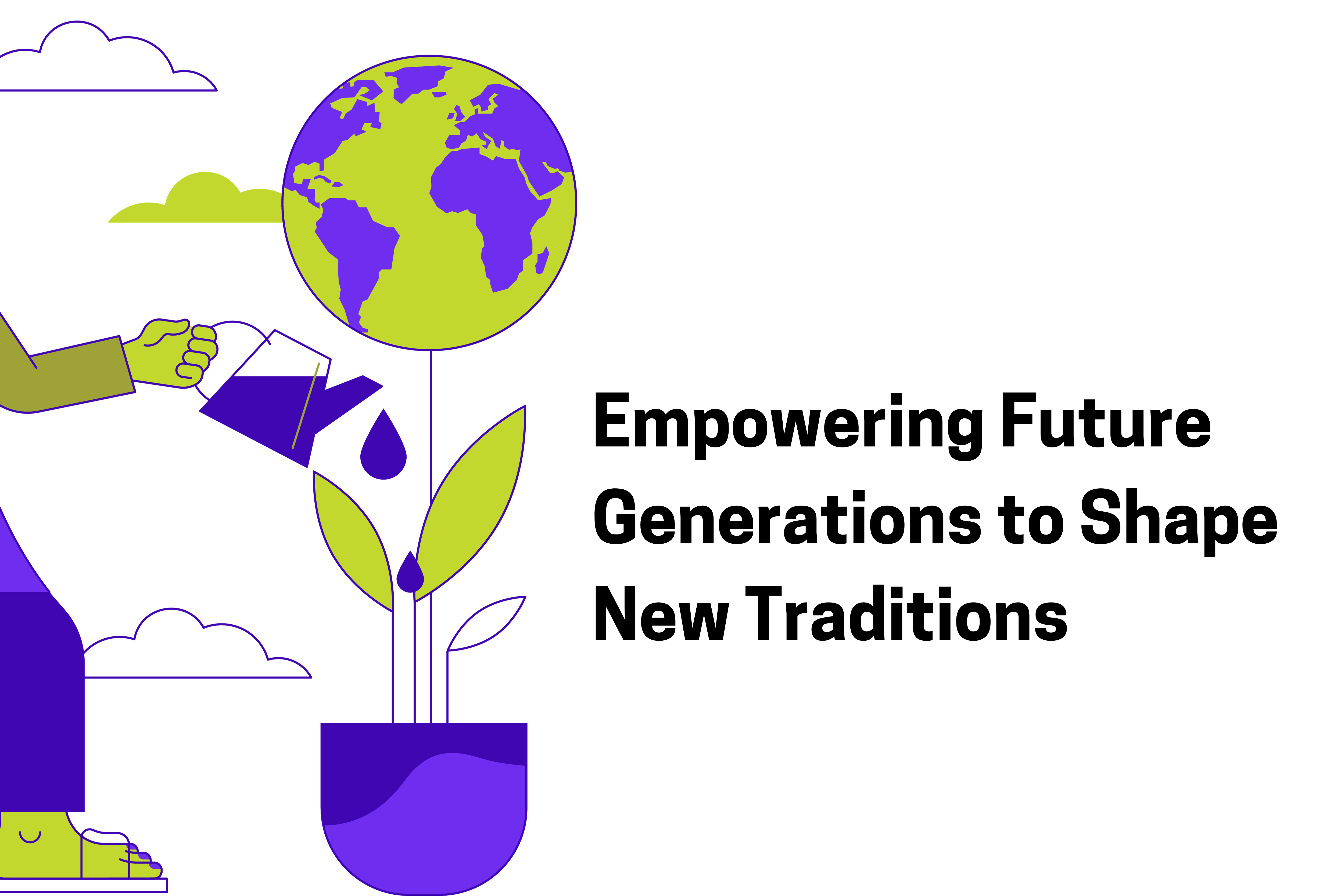
Moving Traditions is an organization that emboldens youth to express their Jewishness through social change and personal wellbeing. Moving Traditions features various programs for different cohorts of Jewish teens, each guided by feminist and justice-based values. Each program operates in partnership with a Jewish organization that has adopted Moving Traditions’ research-based curriculum in order to provide a dynamic learning and community experience.
Though two of the primary year-round programs are gender specific—Rosh Chodesh for girls and Shevet for teen boys—Moving Traditions is committed to creating an inclusive space where teens are encouraged to join whichever group best aligns with their identity. Tzelem is the program dedicated to LGBTQ+ teens, which individuals across the gender spectrum are welcome to join. “Our mission is to embolden Jewish teens to work on their wellbeing, their caring connections with other teens and with adults, and a pursuit of intersectional feminism and justice,” said Beckee Birger, the Fellowship Director at Moving Traditions. Each group meets once a month with a trained mentor and, in a circle of support, articulates their deepest concerns, considers the impact of gender norms on their daily lives, and shares the joys and challenges of being their authentic selves.
One of Moving Traditions’ most exciting offerings is Kumi: An Anti-Oppression Teen Leadership Experience. “The way Kumi came to be organizationally is that Moving Traditions realized that, in order to live up to our mission of helping teens explore intersectional feminist justice, thinking about anti-racism in particular and anti-oppression more broadly had to be a focus of our work going forward,” said Birger. Kumi prepares Jewish teens between tenth and twelfth grade for leadership in anti-racist and anti-oppression spaces on college campuses, by equipping them with the skills to identify and disrupt systemic racism and injustice. Kumi features a month of virtual training, and a four day in-person retreat that features two separate tracks: Jews of Color Empowerment for JoC, and Anti-Racist Allies track for white Jewish teens.
One reason for the split track is to give JoC teens the opportunity to form bonds that expand beyond their shared experiences of racism. “We really wanted the JoC space to focus on positive identity building and not just disrupting racism,” explained Birger. “Some questions we ponder during the retreat are: what does a JoC space look like that isn’t solely thinking about racism? What can a true post-racist space—in an Afrofuturist sense [1], not in a post-Obama sense—look like?” This gives JoC teens the opportunity to envision positive, liberated futures for themselves and other non-white people which are not confined to the past and present reality of racial oppression and inequality.
Birger drew upon her own experiences growing up as a Jew of Color when considering the impact Kumi intends to have on teenagers. “When I grew up in Jewish teen educational spaces, I didn’t see anybody that looked like me,” said Birger. “And then when I came back to it 15 years later, in 2017, there was still no one who looked like me, teen or adult.” In the years since, there has been a significant increase in communal and organizational opportunities for JoC adults, but Birger noticed there was a persistent lack in programming for JoC teens—a glaring gap in the communal field, given the heightened potential that teenagers bring to the table in terms of social change and political organizing.
“Making spaces for young people to find community sooner than college or adulthood is so important. Getting this justice-based training very early in their life means they get to live through that richness for much longer,” said Birger. “Teens today are brilliant, and have so much depth and organizing power. They have so much to offer us. And so it’s not just that we should do this for them, but, actually, our whole community benefits if we are including them as meaningful partners in all of our work.”
By fostering empowered communities, Moving Traditions is investing directly in the future of the JoC community. Teenagers who are able to find other Jewish people who look like them, who share experiences with them, and who can joyfully build positive identity-based community with them, are empowered to express their full Jewish selves in ways that were not available when Birger was a teenager. “I hope our teens can continue to find these spaces and feel comfortable and confident continuing this journey of feeling empowered to learn about themselves,” said Birger. “The meaning of Kumi is liturgical Hebrew, and it means to rise up and wake up. We really hope that the teens are waking up to the new possibility of who they are and what their identities are, and then also rising up and doing something with that knowledge.”
NOTES
- Afrofuturism envisions a future in which racial differences are neither erased or claimed to be irrelevant, nor do they determine one’s social circumstances, privilege, access, or life chances.


